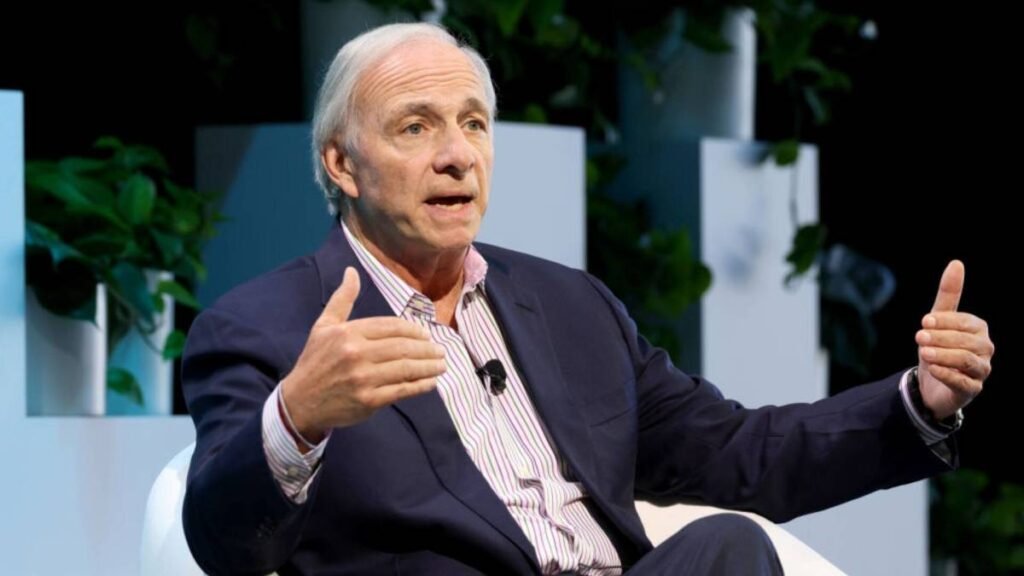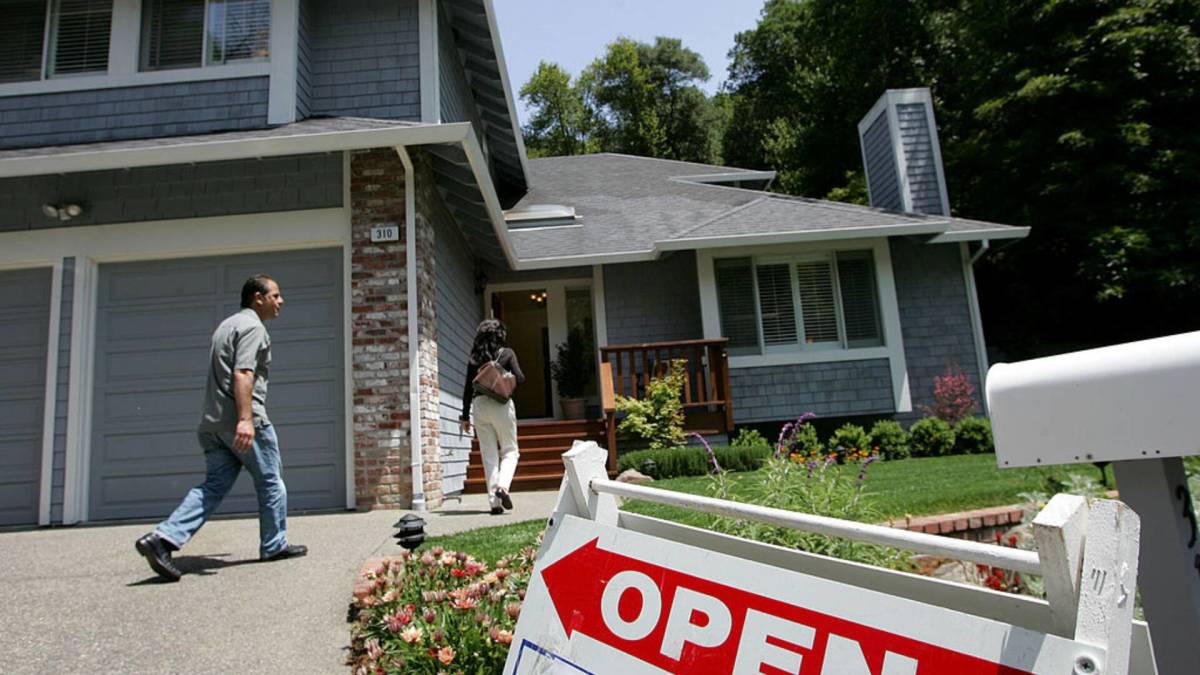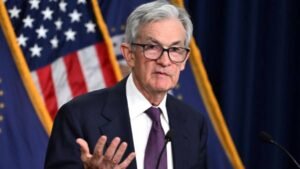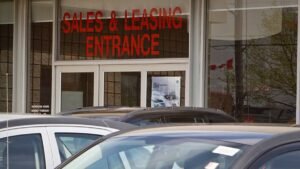Investors hoping to diversify their portfolios may consider buying a home to flip it, renting it out, or purchasing shares of Real Estate Investment Trusts (REITs) that own or finance commercial real estate properties.
Real estate typically generates positive return on investment due to rising housing and rent prices, while offering advantageous tax breaks and deductions to owners.
However, real estate investments aren’t immune to risk, especially in sluggish residential and commercial real estate markets.
🏦 🏡 Don’t miss the move: SIGN UP for TheStreet’s FREE daily newsletter 🏦 🏡
Although residential real estate property prices have surged over the past five years, elevated mortgage rates can make the initial purchase challenging for individual investors.
Covid-era lockdowns and years of remote work drove down demand for corporate offices, reducing the overall profitability of commercial real estate.
Billionaire founder of Bridgewater Associates Ray Dalio notes that real estate investments pose notable challenges, especially in high rate environments.
High mortgage rate housing markets diminish returns for real estate investors
Real estate is considered a safe investment and a way to hedge against inflation, as home and building values tend to consistently appreciate. Investors are drawn to the stable returns on housing properties, with residential property prices doubling since 2011.
According to a recent Gallup survey, Americans across all income levels believe real estate is the best long-term investment, outperforming gold, stocks and mutual funds, bonds, crypto, and CDs.
However, in a high mortgage rate environment, interest payments raise the cost of the property, and could negate the returns on investment.
More on homebuying:
- The White House will take surprising approach to curb mortgage rates
- Housing expert reveals surprising ways to reduce your mortgage rate
- Dave Ramsey predicts major mortgage rate changes are coming soon
- Warren Buffett’s Berkshire Hathaway sounds the alarm on the 2025 housing market
Longtime hedge fund manager Ray Dalio got candid about the drawbacks of real estate investments, despite popular public opinion.
“My view is that buying and holding real estate is not an effective investment strategy in our current economic environment, for a few reasons,” Dalio wrote in a recent post on X (formerly known as Twitter).
“1) Real estate is more interest rate sensitive than it is inflation sensitive, so given our current circumstances it is likely to go down in real terms.
2) It is a fixed asset that is easy to tax, which limits its impacts on your ability to diversify.”
Although real estate is one of the few investment products that benefits from inflation through rising property values, high interest rates increase the cost of purchasing a house in the long run.
Dalio also noted that it is difficult to diversify a standard real estate portfolio for individual investors.
Real estate investments pose liquidity challenge for investors — especially in a buyer’s market
Selling a home can be a long and costly process, particularly in stagnant markets with weak buyer demand. Sellers have to cover real estate agent commissions, closing costs, capital gains taxes, and any remaining mortgage balance.
Housing conditions are shifting to favor homebuyers, with sellers outnumbering buyers by 500,000 homes and listings taking 58 days on average to sell in July.
Dalio highlights the difficulty of liquidating real estate investments quickly, making it challenging for investors to adjust their portfolio in a buyer’s market.
“Real estate is nailed down, so investing in it makes it more difficult to move money from one place to another.”
Traditional investments like stocks, bonds, and commodities can be easily sold to suit an investor’s preference, market movements, or personal financial situation. However, real estate investments require an investor to be comfortable with not being able to access the asset’s value.
Related: Zillow CEO sounds alarm on worrying trend rattling housing market



















